Before Critiquing the American Founding, We Should First Understand It
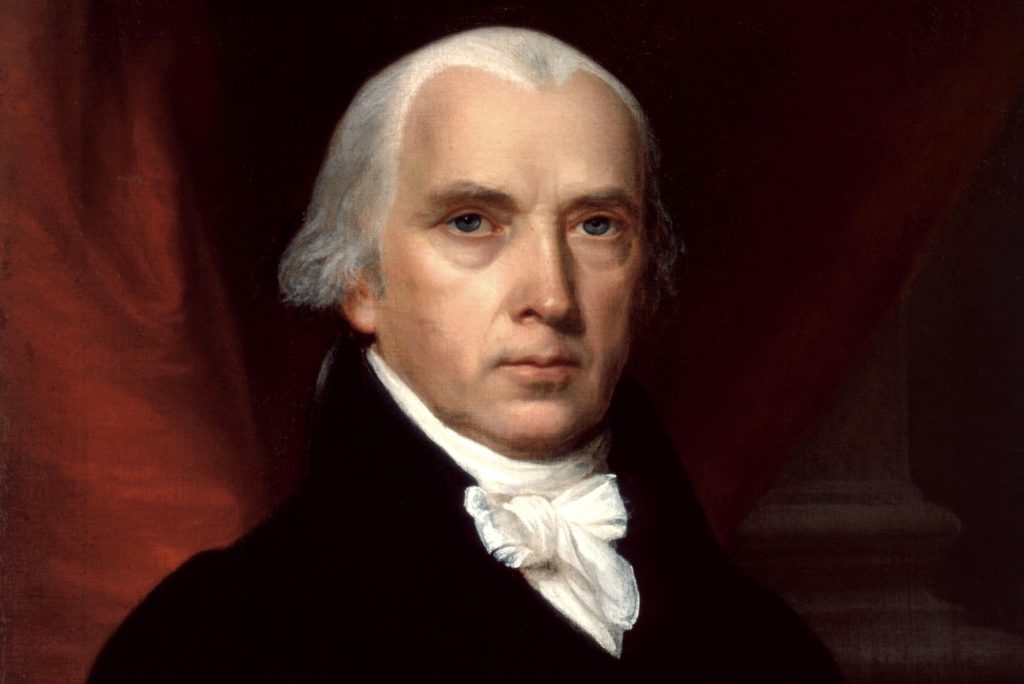
According to Steven Smith, it’s meaningless to speak of our inherent natural rights. He dismisses the Founders without properly understanding them. A return to the Founders’ natural rights constitutionalism may not offer the best alternative to protect religious liberty today. But we cannot even entertain the possibility that it might if we do not understand the principles of justice or the practical meaning of the philosophy that originally animated the Constitution.
Bare-Bones Religious Freedom

In Religious Liberty and the American Founding, Phillip Muñoz believes that there is a kind of natural rights logic that leads to his minimalist version of religious freedom. His central premise is that the Constitution should be interpreted according to the “natural rights” logic that was prevalent in the Founding period; and he tries to follow this logic to its conclusions, come hell or high water.
Antiseparationism: A Response to Scott Roniger
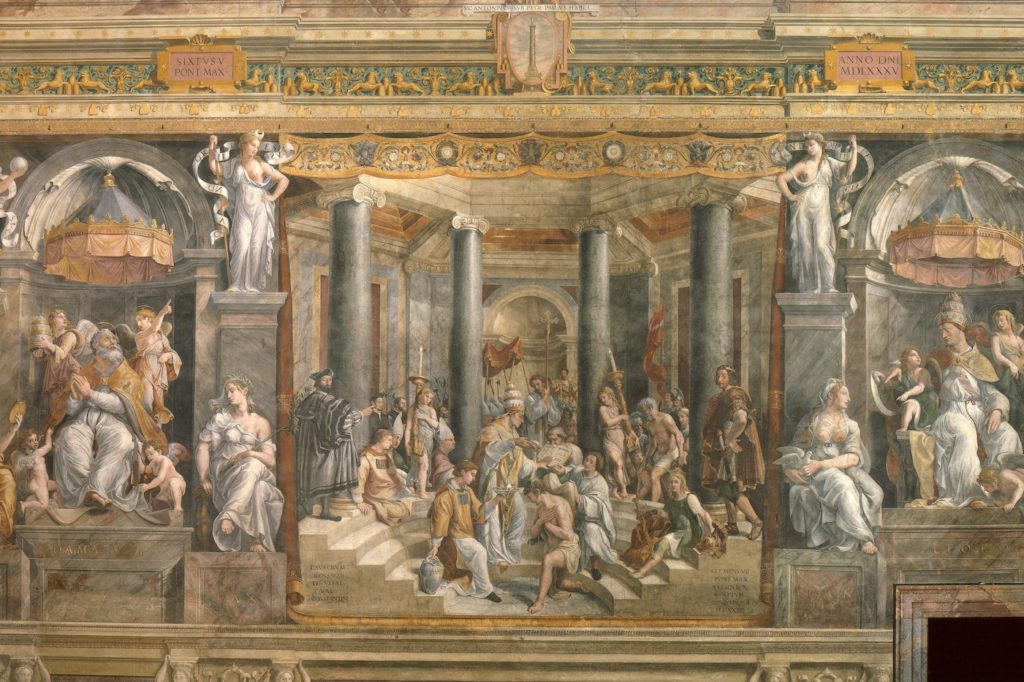
If Hittinger does not think that the Church is meant to keep herself uninvolved with temporal politics, or that the temporal polis is meant to keep itself uninvolved with the Church, then his separationism does not conflict with integralism at all. This would be welcome news for Hittinger’s many integralist admirers. But it would also mean that Hittinger’s lectures, although rhetorically situated—and marketed—as a corrective to integralism, offer no such thing.
What Is Abortion?

No particular terminology that is adopted in medicine or law determines the moral issues of abortion, nor does any common usage of the word. Pro-life and pro-choice advocates alike are capable of recognizing that a range of medical interventions can end an unborn human being’s life. They differ, often radically, about the justice of most such interventions.
America Needs Pro-Family Politics: Announcing Patrick T. Brown as Contributing Editor
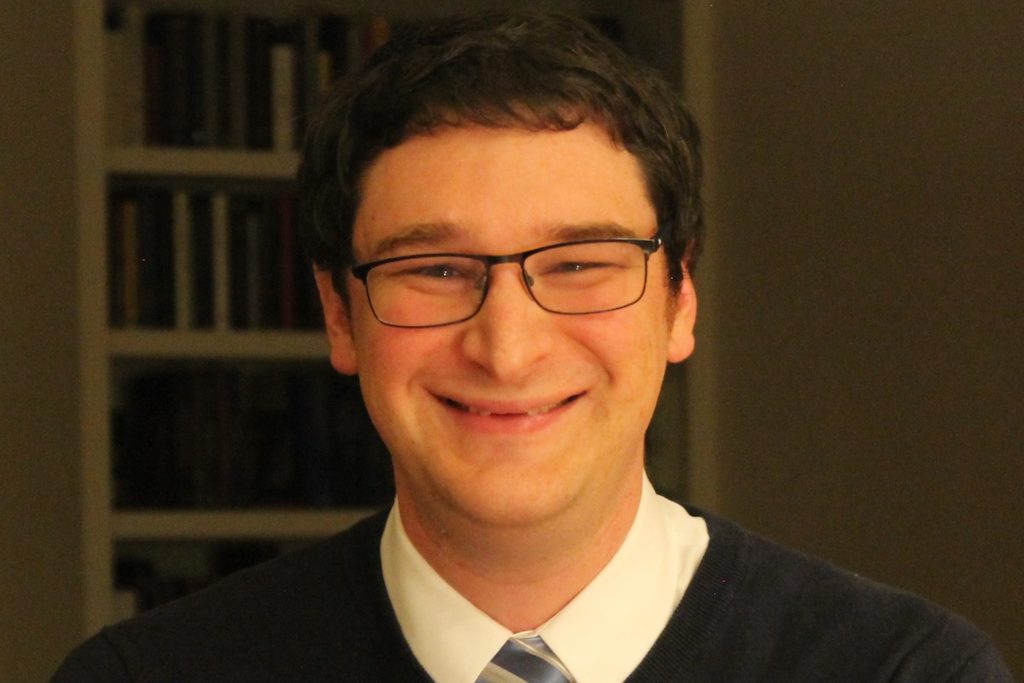
A healthy culture, nearly every Public Discourse reader would agree, needs strong families. There is a growing number on the right—and I count myself among them—who recognize the family as possessing an inherent economic logic, in addition to its essential culture-shaping role. Families are influenced by market forces, starting from the very fundamental decision of whether to form a household or not. This requires some amount of getting our hands dirty in the nitty-gritty of politics and policy design.
The Sign of Contradiction: A Response to Mr. Urban Hannon
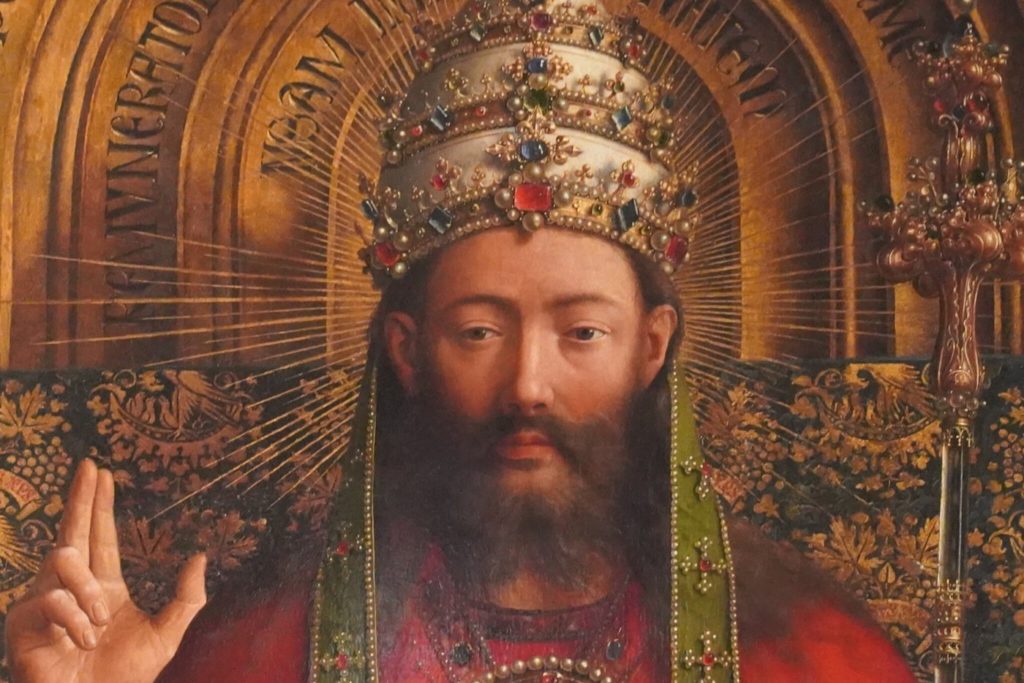
The source of disagreement between the integralists, as represented by Mr. Urban Hannon, and Dr. Russell Hittinger is at root Christological. If God in fact achieved the separation of his Kingdom from temporal politics in the person of Jesus—as St. Augustine, Pope St. John Paul II, and Ratzinger claim—then Hittinger’s lecture is not only correct, but also profound. Recognizing such separation really would be the beginning of wisdom.
The “Respect for Marriage Act” Will Harm Children

The law is a teacher, and the “Respect for Marriage Act” is a bad one. Enshrining legal lies about the truth of marriage harms all of society, most especially children. From facile heterosexual marriage dissolutions to novel family arrangements, children are harmed when their rights to their own mother and father are disregarded for the sake of adult desires.
What’s Wrong with Social Contract Theory
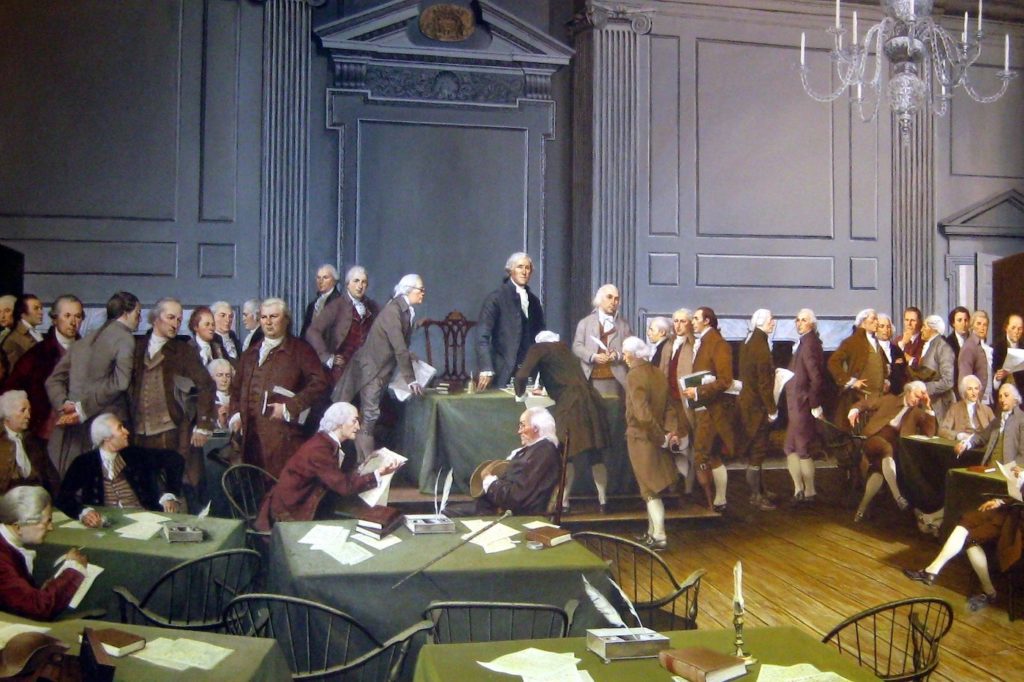
Although social contract theory is a prominent feature of the American founding, it is both unsound and harmful to a proper understanding of politics. This fact presents a challenge to any form of conservatism that is based on protecting and promoting the principles of the American founding.
Aquinas’s Theology of Politics
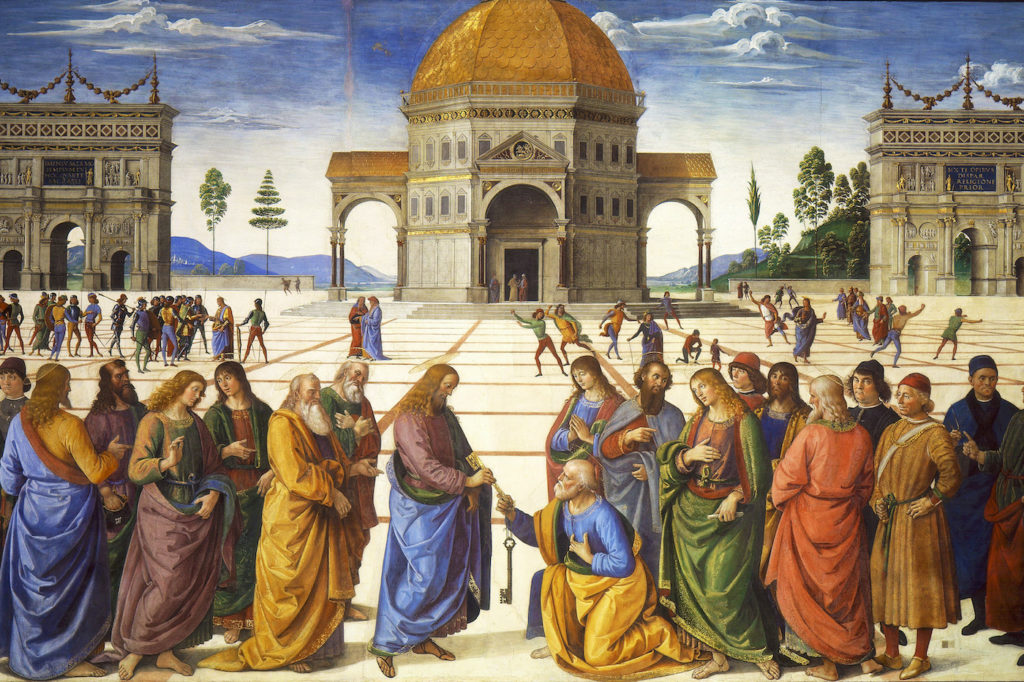
William McCormick, SJ, has written a new and welcome interpretation of Thomas Aquinas as a political thinker. His reading of Aquinas suggests that the political common good, as an intermediary between human and divine things, is a subject for ongoing inquiry, sensitive to the exigencies of a fallen world. McCormick holds that the “pedagogy of politics” unfolds teleologically as a community—in and through common deliberation and action—comes to greater knowledge of itself and its own ends.
Could God Have Created a Multiverse?

In his new book, Jamie Boulding uses the metaphysics of participation to argue that multiverse proposals do not really call into question the notion of God central to Christian theology. Infinite multiplicity and diversity do not challenge the claim that all that is is created.
Confessions of a Comatose Son of Liberalism

Even the healthiest patriotism does not address whether America’s political regime ought to re-main basically neutral about whether its citizens flourish. If what our politics can give us is fair procedures for resolving disputes, and protections for speech and property, and a broad enough distribution of power that tyranny has difficulty taking hold, that is remarkable and we should be grateful. That still isn’t living well.
University Life Depends on the Moral Life

Reason cannot become right reason unless the will is in love with the Truth; intellectual formation requires moral formation. And yet, as my previous essay argued, the university—the teacher of the intellect—cannot impart moral principle of itself. Moral communities, therefore, naturally complement the university’s work. But still more beneficial to the university is the moral witness of each person.
Where Does National Review Stand Today? A Conversation with Ramesh Ponnuru and Matt Franck
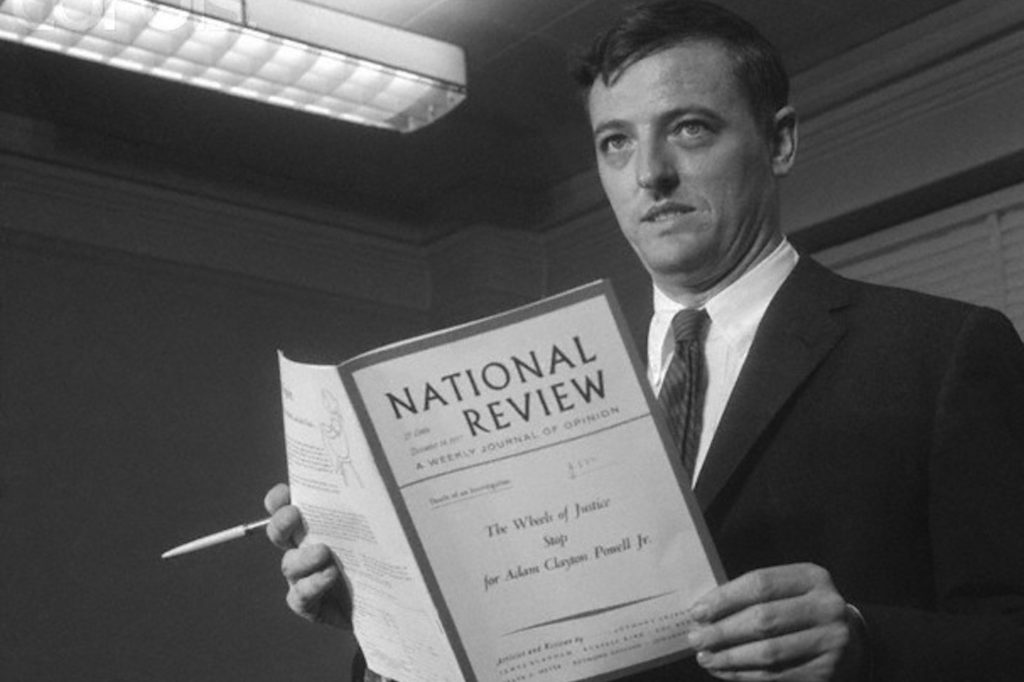
National Review midwifed and nurtured the modern conservative movement into being. Conservatism today is in a very different situation from the one that Bill Buckley confronted in 1955. There is this vast conservative enterprise now; it’s kind of hydra-headed. But the basic need is, first, to think about the circumstances in which we find ourselves and how to apply conservative principles to them—or a conservative disposition, if one prefers—and second, how to build a coalition that is large enough to take these ideas off of the shelf.
Let’s Stigmatize Smartphones

Between the individual and government is a great bulk of institutions that could help us address the cultural challenges posed by tech. In addition to policy reforms and individuals’ weaning themselves off tech, we also need to create stigmas around social media and smartphone use—culturally agreed upon limits, including designated times and places where screen time is socially unacceptable.
Hang On! Faith and Sexual Ethics
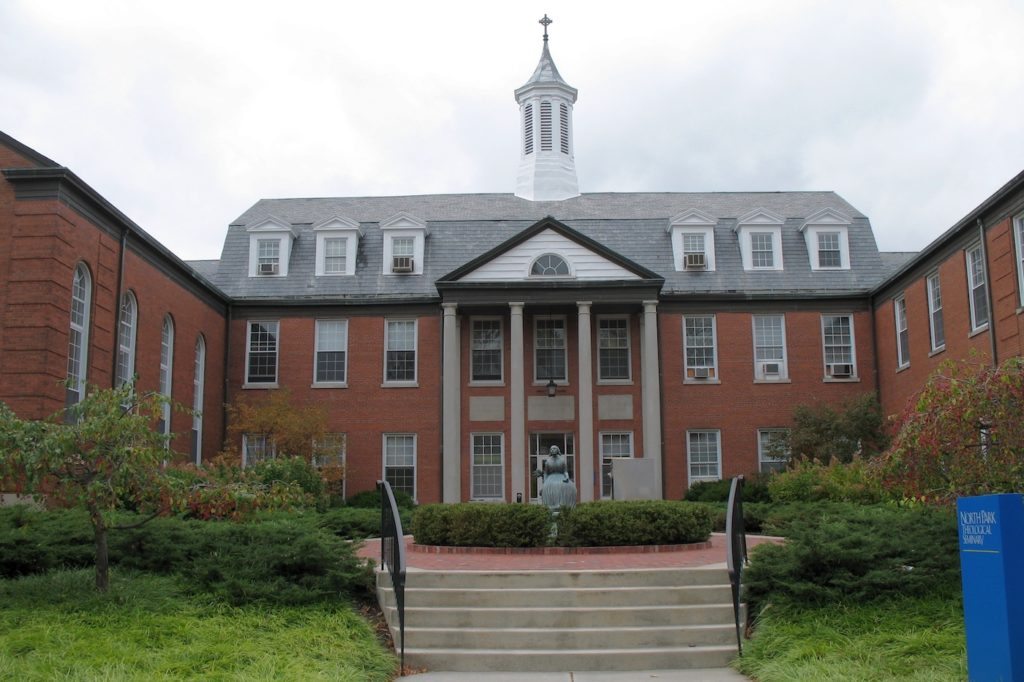
North Park isn’t the only Christian university with inner turmoil about human sexuality. Not just colleges and administrations, but denominations and pastors have collapsed and caved on these teachings as well. Some of this is a lack of courage, a failure of spine in the face of cultural disdain; some of this is personal, an experience of a child or friend whose sexual appetites do not easily fit doctrine, and so doctrine must change. But it is always a loss of faith.
The Metaverse Is Not Morally Neutral Technology

French philosopher Gabriel Marcel’s writings on “intersubjectivity” help us see why the metaverse impedes our ability to grasp reality’s most important truths. When every aspect of how I present myself to others is a choice, all my relations become objects of manipulation. Without the authentic connections of involved, concrete, and personal relationships, I become irretrievably disconnected from reality.
Commencement Watch 2022

In our examination of the top twenty-five US News research universities and liberal arts colleges, we found that not a single conservative was invited to give a commencement speech or receive an honorary degree. What we have here is, to put it bluntly, a scandal. It’s hard to see an explanation outside of ideological prejudice for the gross imbalance.
The Bookshelf: Dangers of the Siloed Life

A temptation today is that we will “silo” ourselves, choosing to listen only to voices congenial to our own views, and walling off our access to other points of view. This temptation to live in a cozy silo can afflict our book reading habits as well, which is too bad. You won’t know how to shore up the weaknesses in your own arguments unless you encounter critics of them, and you won’t know even what is mistaken in others’ perspectives until you grant their strongest form a patient hearing.
A School Model That Could Transform Society
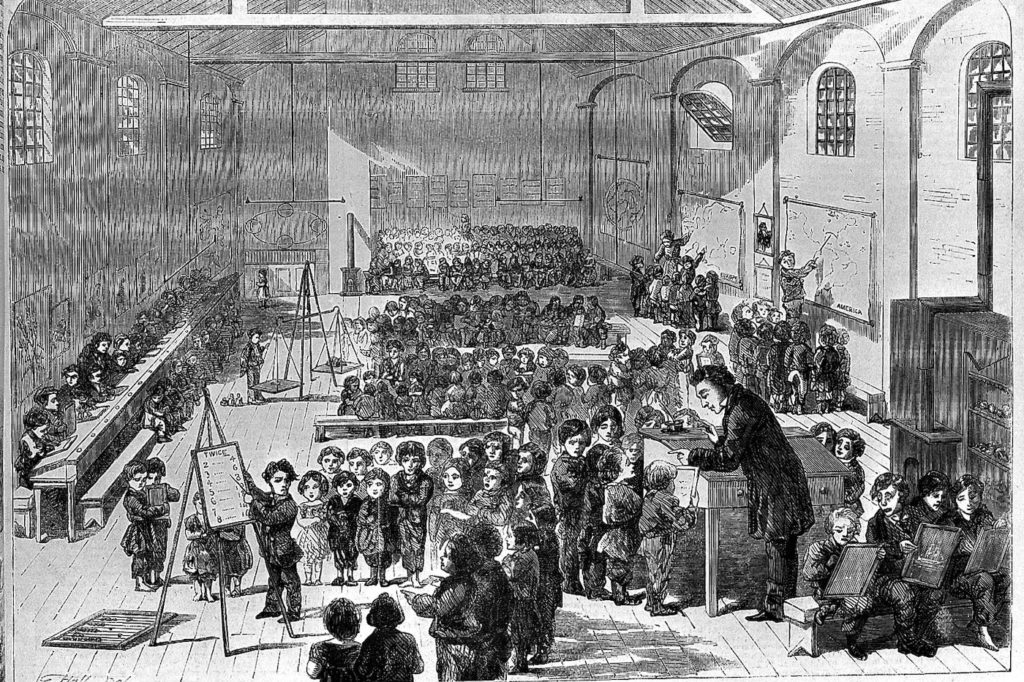
Lord Shaftesbury’s success in transforming education for the poor provides a variety of lessons for us today. His “ragged schools” suggest that by increasing local control of schools, expanding vocational training, and introducing curricula that recognize the integrated nature of human beings, our society might become more enriched—both materially and spiritually.
What Conservatives Have Forgotten about Subsidiarity and the Common Good

In the last decade or so, various strands of the “new right” have fallen prey to the lures of governmental consolidation. But despite these conservatives’ attempts to justify bold state action in the name of the common good, subsidiarity remains an indispensable guide. Subsidiarity is perhaps the greatest expression of a polycentric approach to the common good.
A Novelist on the Progressive Left Everyone Should Read

Although a committed progressive, through his novels, Todd Gitlin hedges his commitments by both recognizing the limitations of his worldview and portraying the merits of his political adversaries. No matter one’s own views, Gitlin’s intellectual virtues and fairmindedness displayed in his work are deeply instructive.
The Spurious Effort to Make Pope Pius XII a Villain
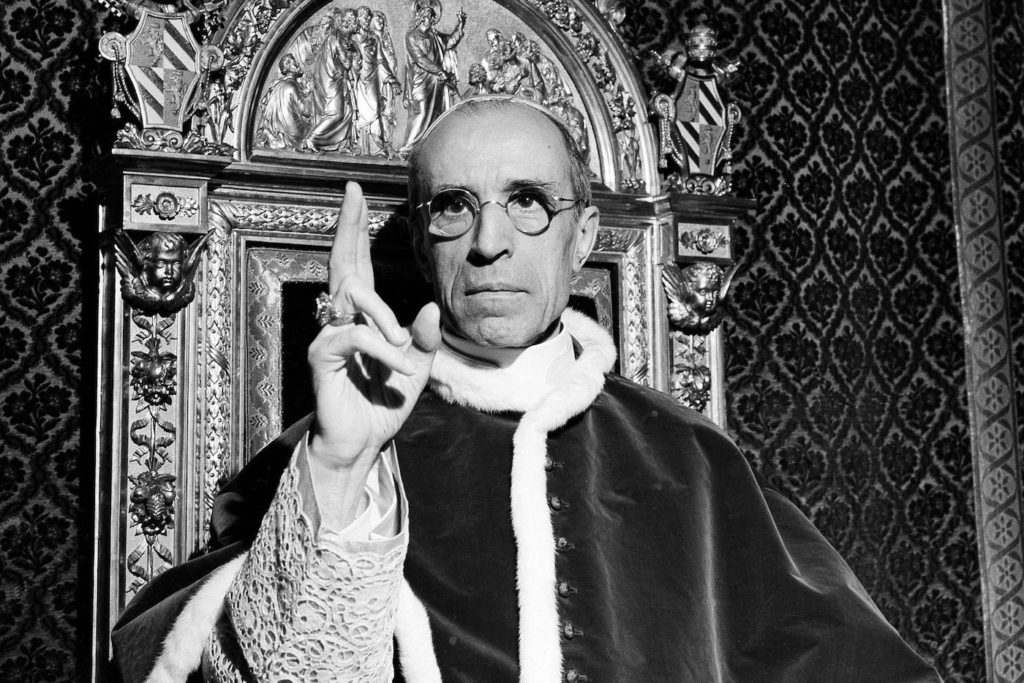
David Kertzer’s new book, The Pope at War: The Secret History of Pius XII, Mussolini, and Hitler claims to uncover secret communications between the wartime pope and the Nazis, but the book makes numerous factual errors. Kertzer also fails to take stock of recent scholarly contributions on Pius’s record and ends up misrepresenting or entirely omitting key information.




